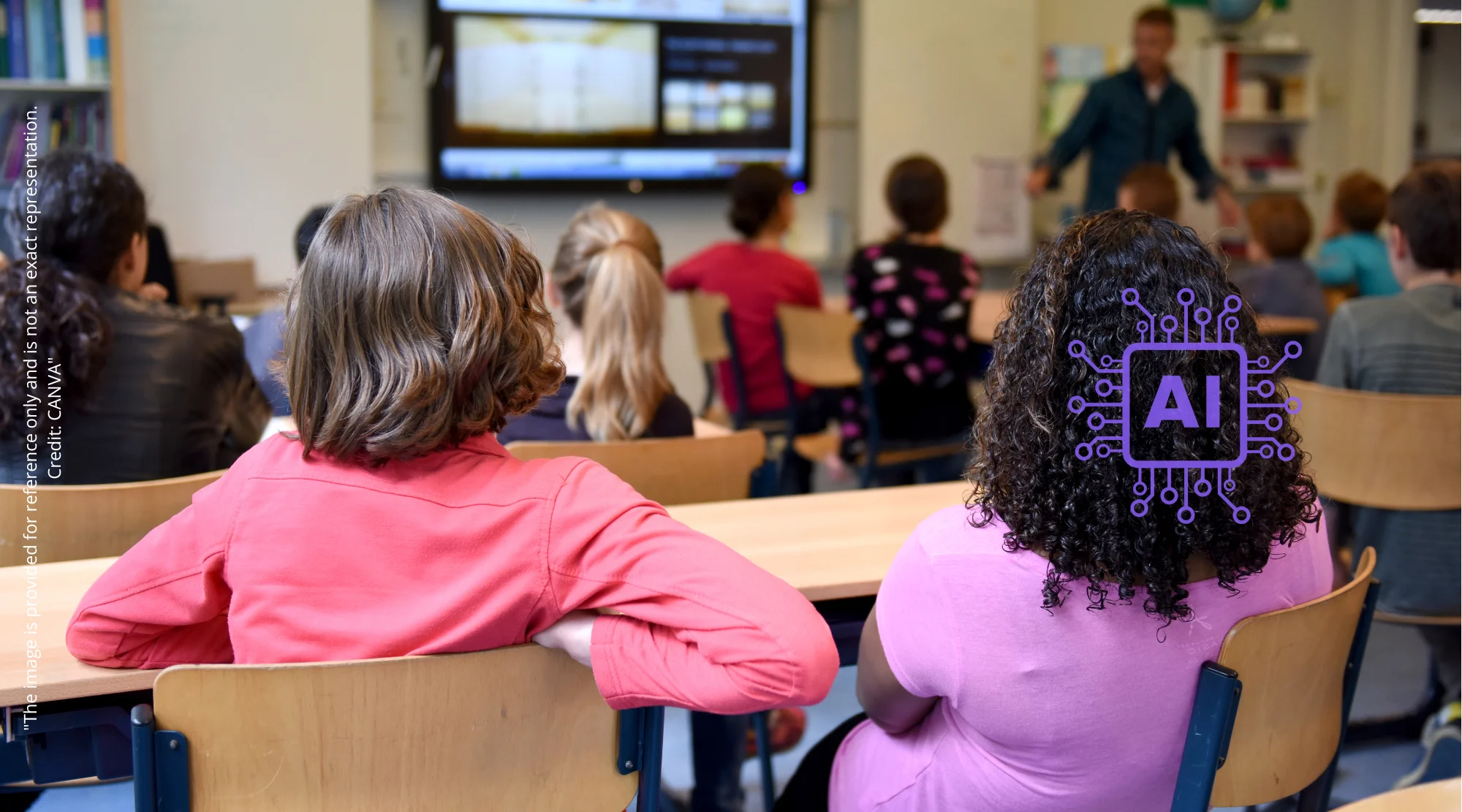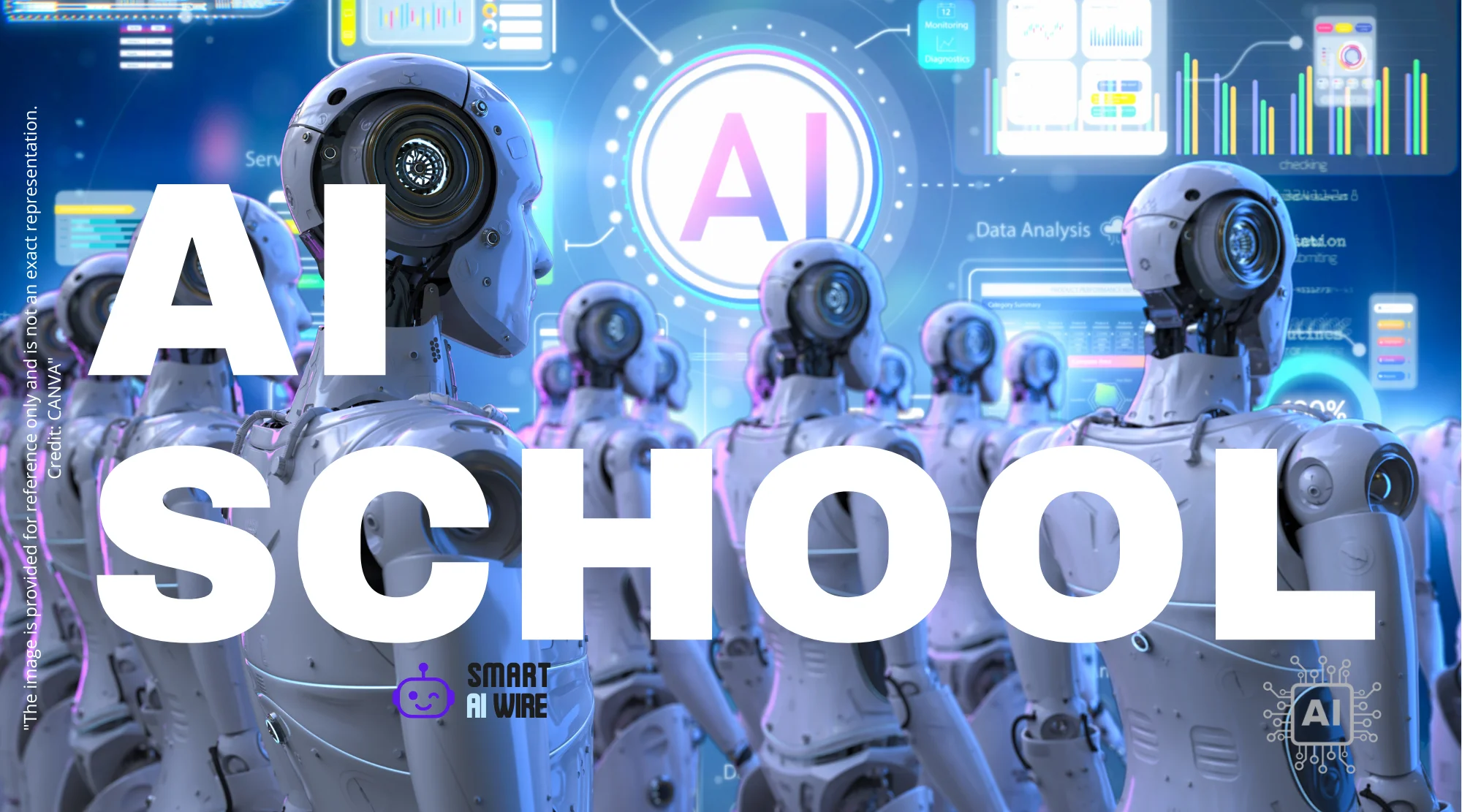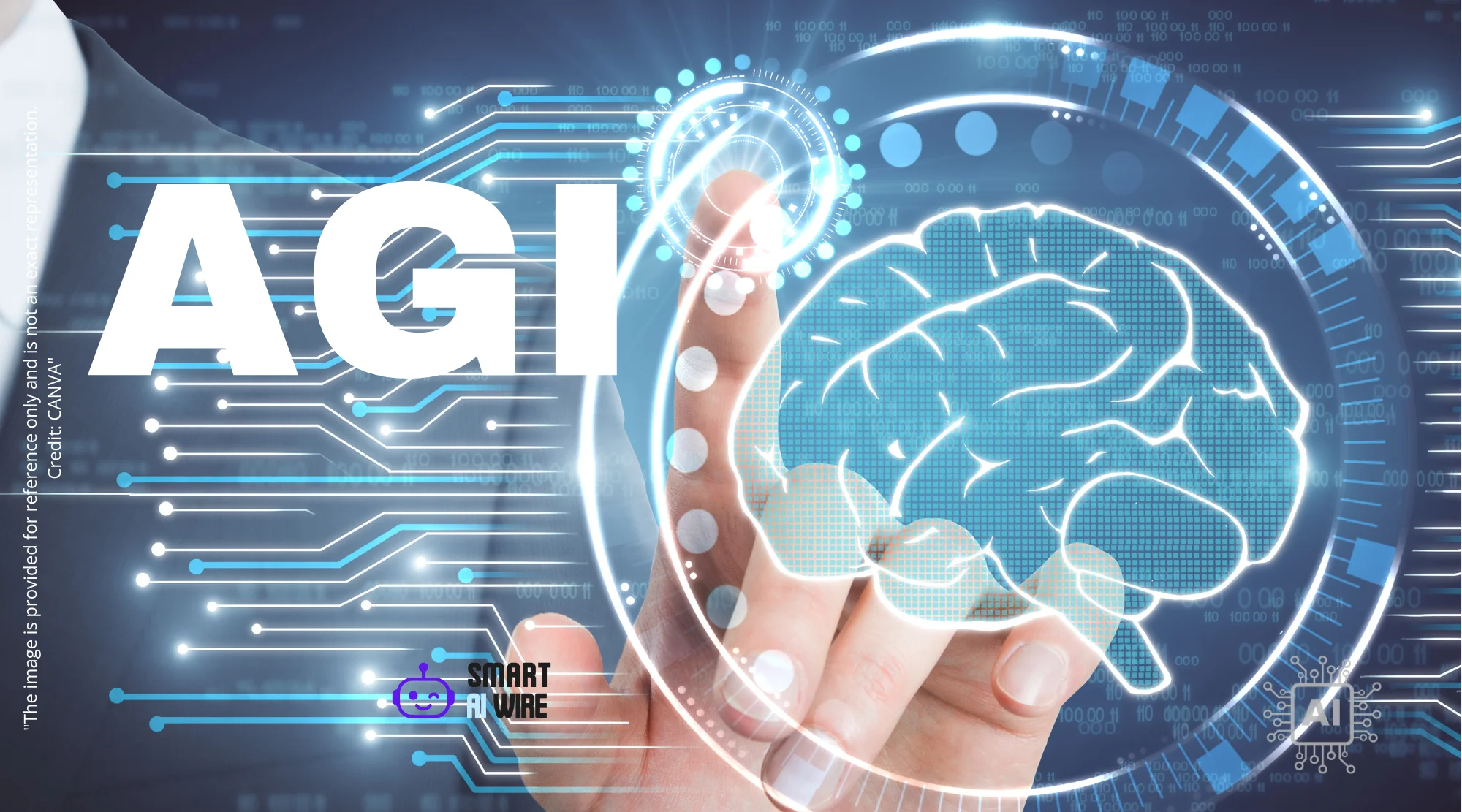In a rapidly evolving world increasingly shaped by artificial intelligence, the education system faces a critical challenge: how to prepare students for a future where AI is not just a tool, but a fundamental force. This preparation extends beyond technical skills, encompassing ethical considerations, critical thinking, and adaptability. Equipping the next generation with the skills and knowledge to navigate this complex landscape is essential for ensuring a future where AI benefits everyone. What are the key skills students need? How can educators adapt curricula to incorporate AI literacy? And what are the ethical implications that must be addressed?
Preparing Students for the Age of Artificial Intelligence
The integration of artificial intelligence in education is no longer a futuristic concept; it’s a present-day reality. As AI systems become more sophisticated and pervasive, it’s crucial to rethink how we prepare students for the workforce and the world at large. This preparation demands a multi-faceted approach that prioritizes both technical understanding and ethical awareness.

The Essential Skills for an AI-Driven World
Beyond traditional subjects, several core competencies are becoming increasingly vital in the age of AI. These include:
- Data Literacy: Understanding how data is collected, analyzed, and used is crucial. Students need to be able to interpret data, identify biases, and make informed decisions based on data-driven insights.
- Computational Thinking: This involves breaking down complex problems into smaller, manageable steps, and developing algorithms to solve them. It is a fundamental skill for interacting with and understanding AI systems.
- Critical Thinking and Problem-Solving: AI can automate many tasks, but it cannot replace human judgment and creativity. Students must develop strong critical thinking skills to evaluate information, identify flaws in reasoning, and solve complex problems that AI cannot handle alone.
- Ethical Reasoning: As AI becomes more powerful, ethical considerations become paramount. Students need to understand the potential biases in AI algorithms, the privacy implications of data collection, and the ethical responsibilities of developing and using AI technologies.
- Adaptability and Lifelong Learning: The field of AI is constantly evolving, so students need to be adaptable and willing to learn new skills throughout their careers. This requires a growth mindset and a commitment to continuous professional development. Learning how to become a Prompt Engineer is a valuable skill for those seeking to master and adapt to new technologies.
Integrating AI into the Curriculum
Successfully integrating AI into the curriculum requires a deliberate and strategic approach. Here are some key strategies:
- Cross-Curricular Integration: AI concepts should be integrated across various subjects, not just confined to computer science classes. For example, history classes can explore the historical impact of automation on labor markets, while social studies classes can discuss the ethical implications of AI in criminal justice.
- Hands-On Learning: Students learn best by doing. Incorporating hands-on projects, such as building simple AI models or using AI-powered tools to solve real-world problems, can help students develop a deeper understanding of AI concepts.
- Real-World Applications: Connecting AI concepts to real-world applications can make learning more engaging and relevant. For instance, students can explore how AI is being used in healthcare, finance, or environmental conservation.
- Ethical Discussions: Creating opportunities for open and honest discussions about the ethical implications of AI is essential. These discussions should encourage students to think critically about the potential benefits and risks of AI, and to consider the ethical responsibilities of AI developers and users.
- Teacher Training: Providing teachers with the training and resources they need to effectively teach AI concepts is crucial. This training should cover both the technical aspects of AI and the pedagogical strategies for integrating AI into the curriculum. The World Economic Forum offers resources on the importance of AI education.
Integrating AI into education extends beyond technical skills; it’s about fostering critical thinking, ethical awareness, and adaptability.
Addressing the Ethical Considerations
The rapid advancement of AI raises several important ethical considerations that must be addressed in education. These include:
- Bias and Fairness: AI algorithms can perpetuate and amplify existing biases in data. Students need to understand how these biases can arise and how to mitigate them.
- Privacy: AI systems often rely on vast amounts of data, raising concerns about privacy. Students need to understand the importance of data privacy and the ethical considerations surrounding data collection and use. See our article on Shadow Leak for more insights on AI and Cybersecurity.
- Job Displacement: As AI automates more tasks, there are concerns about job displacement. Students need to be prepared for the changing nature of work and develop skills that are less likely to be automated.
- Transparency and Accountability: It’s important to understand how AI systems work and who is responsible for their actions. Students need to be able to critically evaluate AI systems and hold developers accountable for their ethical implications. The IEEE provides resources for ethical considerations in AI and autonomous systems.
The Role of Educational Institutions
Educational institutions play a vital role in preparing students for the age of AI. This role extends beyond simply teaching technical skills; it involves fostering a holistic understanding of AI and its implications.
- Curriculum Development: Institutions need to develop curricula that integrate AI concepts across various subjects and provide students with opportunities for hands-on learning.
- Teacher Training: Institutions need to invest in teacher training to ensure that educators are equipped to teach AI concepts effectively.
- Partnerships: Institutions can partner with industry and research organizations to provide students with access to cutting-edge AI technologies and real-world learning experiences.
- Ethical Frameworks: Institutions should develop ethical frameworks for the development and use of AI technologies within the institution, and teach students about these frameworks.
The Future of Education in the Age of AI
The integration of AI in education is not just about preparing students for the future workforce; it’s about empowering them to shape the future itself. By equipping students with the skills, knowledge, and ethical awareness they need to navigate the complex landscape of AI, we can ensure that AI benefits everyone. As AI continues to evolve, education must adapt to meet the changing needs of students and society. This requires a commitment to innovation, collaboration, and ethical responsibility. The potential of AI to transform education is immense, and by embracing this potential, we can create a brighter future for all. Consider the transformative potential of Google Chrome AI using Gemini.
In conclusion, preparing students for a world shaped by artificial intelligence requires a comprehensive approach that focuses on developing essential skills, integrating AI into the curriculum, addressing ethical considerations, and empowering educational institutions to lead the way. By embracing these strategies, we can ensure that the next generation is ready to thrive in the age of AI. Preparing students with the right skills allows the AI revolution to be a positive force in their lives.




2 thoughts on “AI in Education: Preparing Students for an AI-Driven World”